Commissioning

As a trusted teammate, Paladin helps close the gap between design intent and actual performance. We help you achieve lifecycle cost savings by ensuring your systems, assemblies, and equipment are designed, installed, tested, operated, and maintained according to requirements. Our early involvement in the design process identifies potential challenges and solutions for planning ahead. We’ll verify your systems work seamlessly together, giving you the confidence to occupy it.
Our commissioning strategies assure optimal building performance, energy efficiency, and occupant comfort.
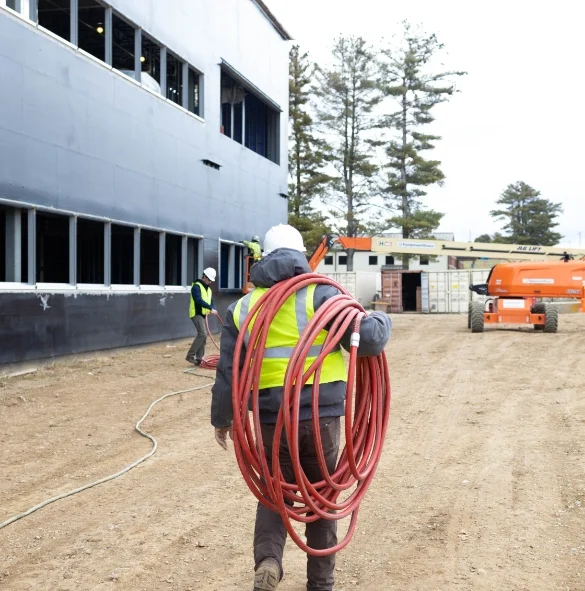
Even with clearly stated expectations for your new building systems, proper function is never guaranteed. Paladin helps ensure the correct installation and operation of systems of all sizes. This critical quality assurance measure mitigates risks, maximizes energy efficiency, and ensures longevity and functionality.
Priorities range from carbon reduction and energy performance to operational stability, risk reduction, and operating cost containment. Our capabilities extend to your entire built environment to thoroughly address issues preventing you from reaching these goals. Paladin can develop the plan that sorts and organizes the solutions into clear, actionable steps.
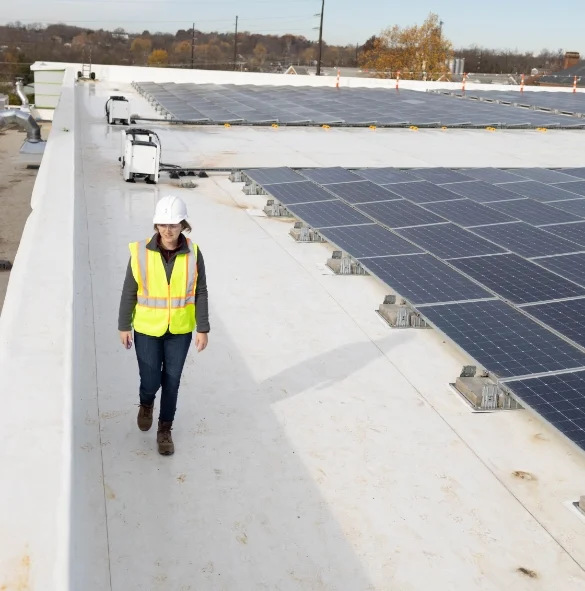

HVAC, lighting, and other systems change over time. Ongoing commissioning ensures these systems are regularly reviewed to keep them in check. Paladin starts with a deep dive into your operations and current facility requirements. We can also perform some ongoing commissioning steps like Energy Management Plans or Technical Equipment Support remotely through metering and utility data.
:: CASE STUDIES ::
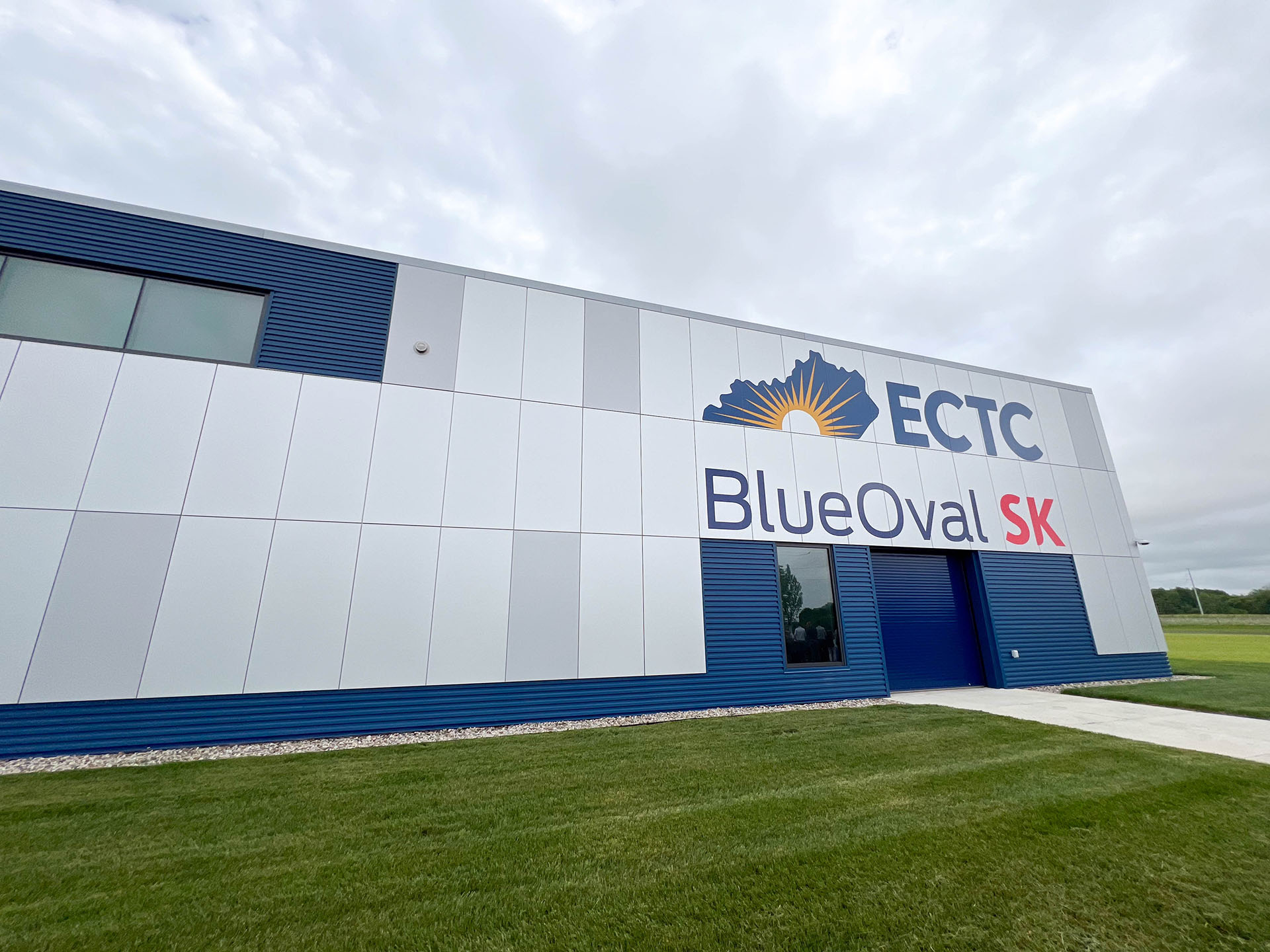
The 1,500-acre BlueOval SK Battery Park in Kentucky is a new battery manufacturing campus that produces batteries for future Ford and Lincoln vehicles. The park employs over 5,000 people who train for future careers at the 42,830-square-foot Elizabethtown Community and Technical College BlueOval SK Training Center. The center provides advanced on-site training, supporting a sustainable workforce and enabling Ford and SK On to maintain skilled labor within the region.
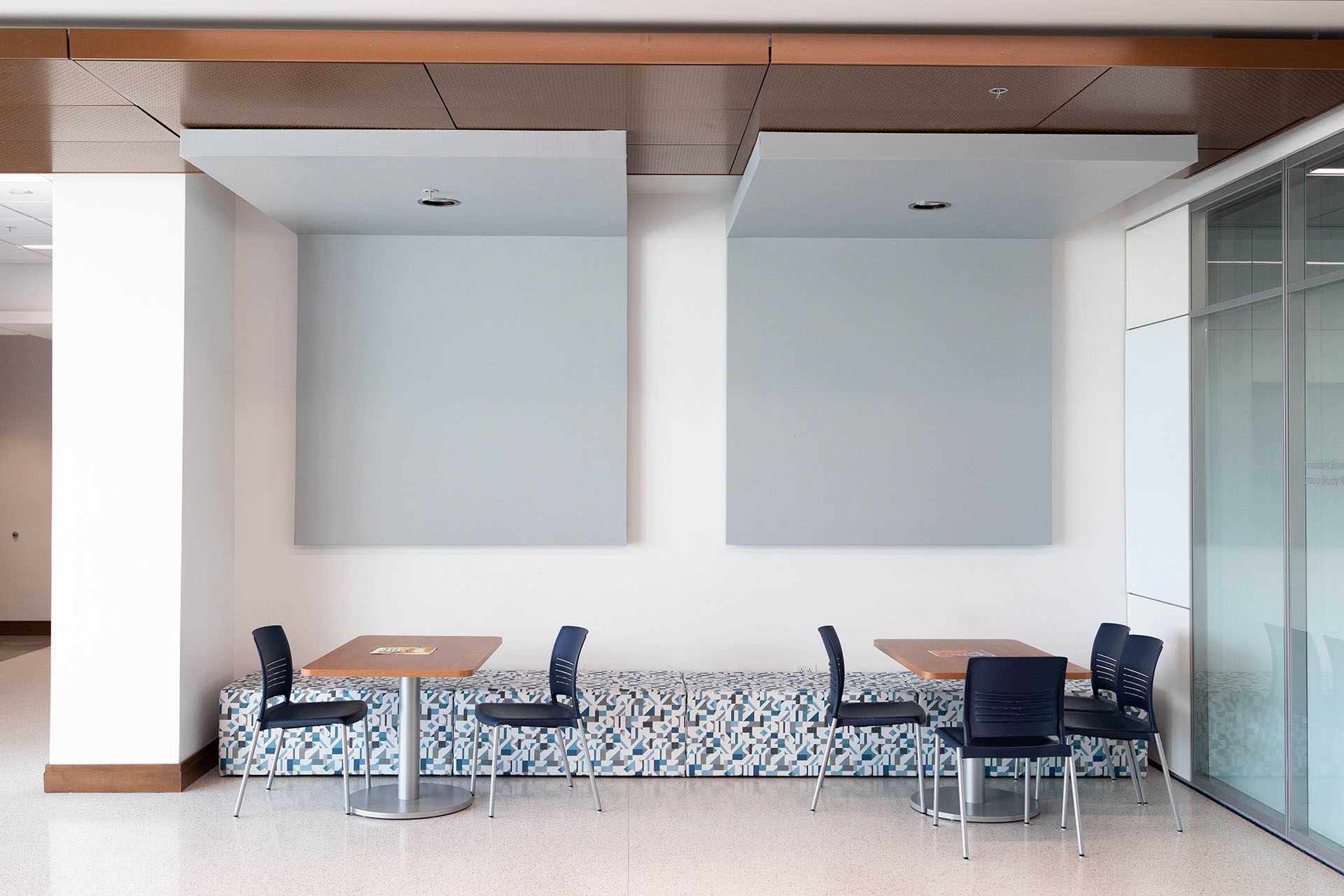
Berea College envisioned two future-focused buildings to harness the power of computer science, digital media and information technology, and applied engineering and design to prepare the next generation of technology thinkers, makers, and innovators.
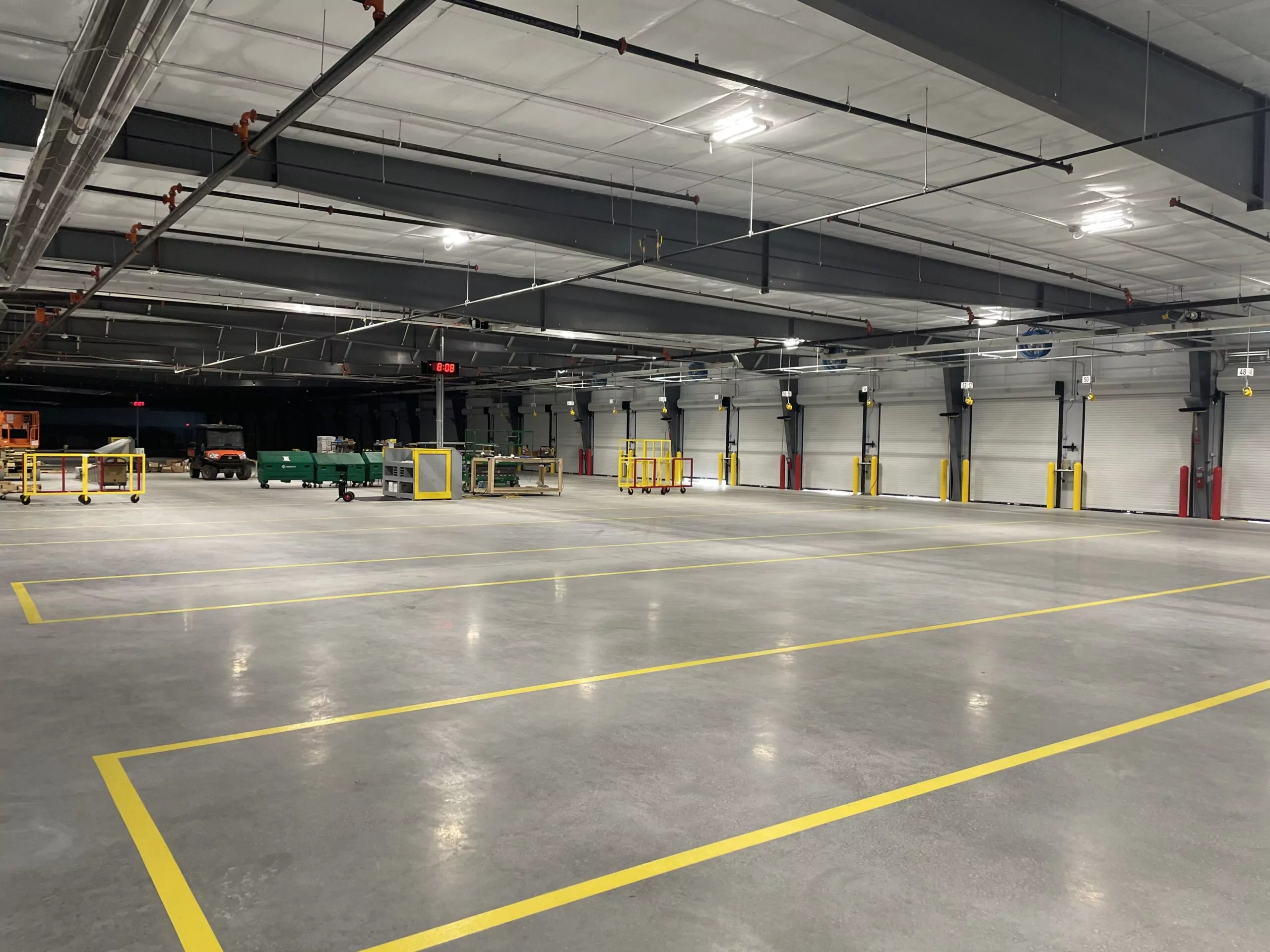
Explore how FedEx Freight’s new distribution center achieved significant sustainability milestones, including a 45.6% energy cost reduction and a 30% water use cut, exemplifying a commitment to green building standards.
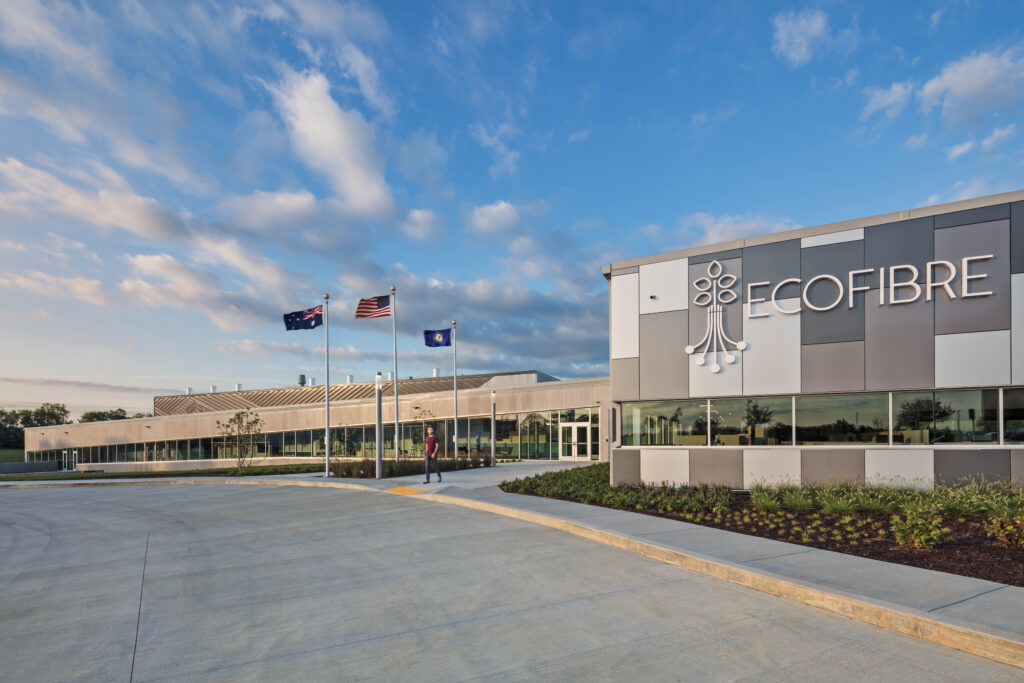
Discover how Ecofibre’s U.S. headquarters became the first LEEDv4 Platinum warehouse and distribution center, setting a new standard in sustainable building and innovative hemp-based products.
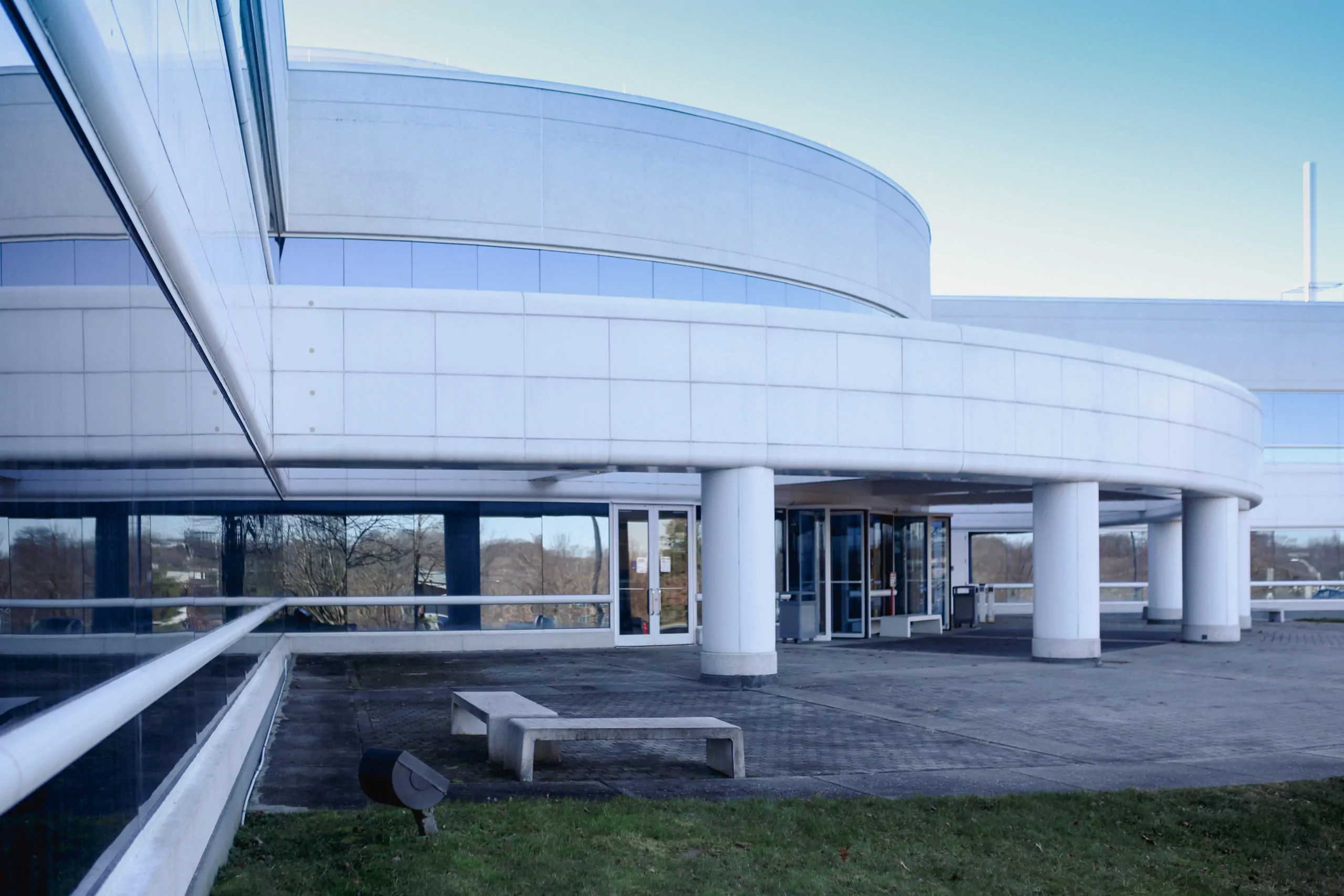
See how Paladin’s strategic interventions at a 1980s building have led to a 20% energy reduction over 10 years, preserving capital and optimizing operational efficiencies despite rising energy costs.
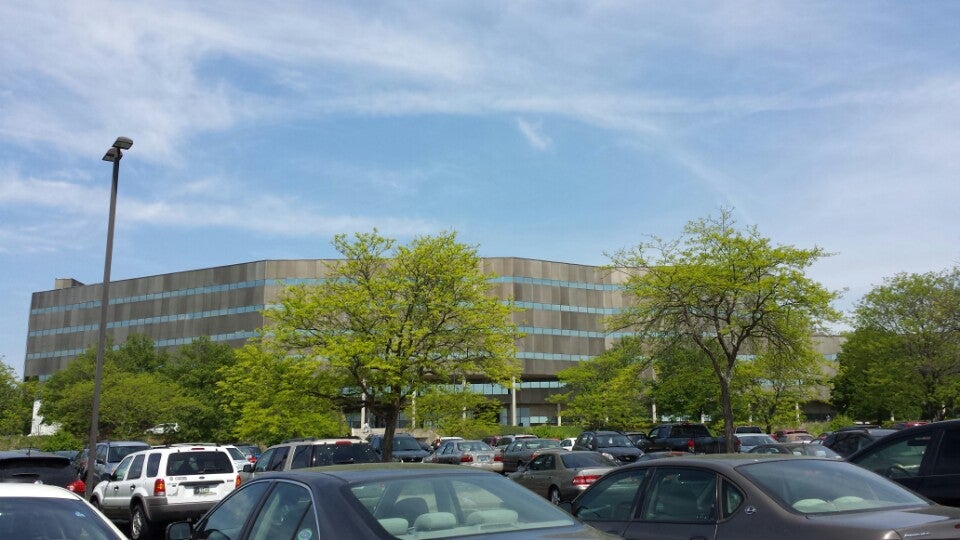
Discover how the CHR Building achieved a 27% annual energy reduction, saving approximately $204,000 per year through strategic system enhancements and energy-efficient measures.
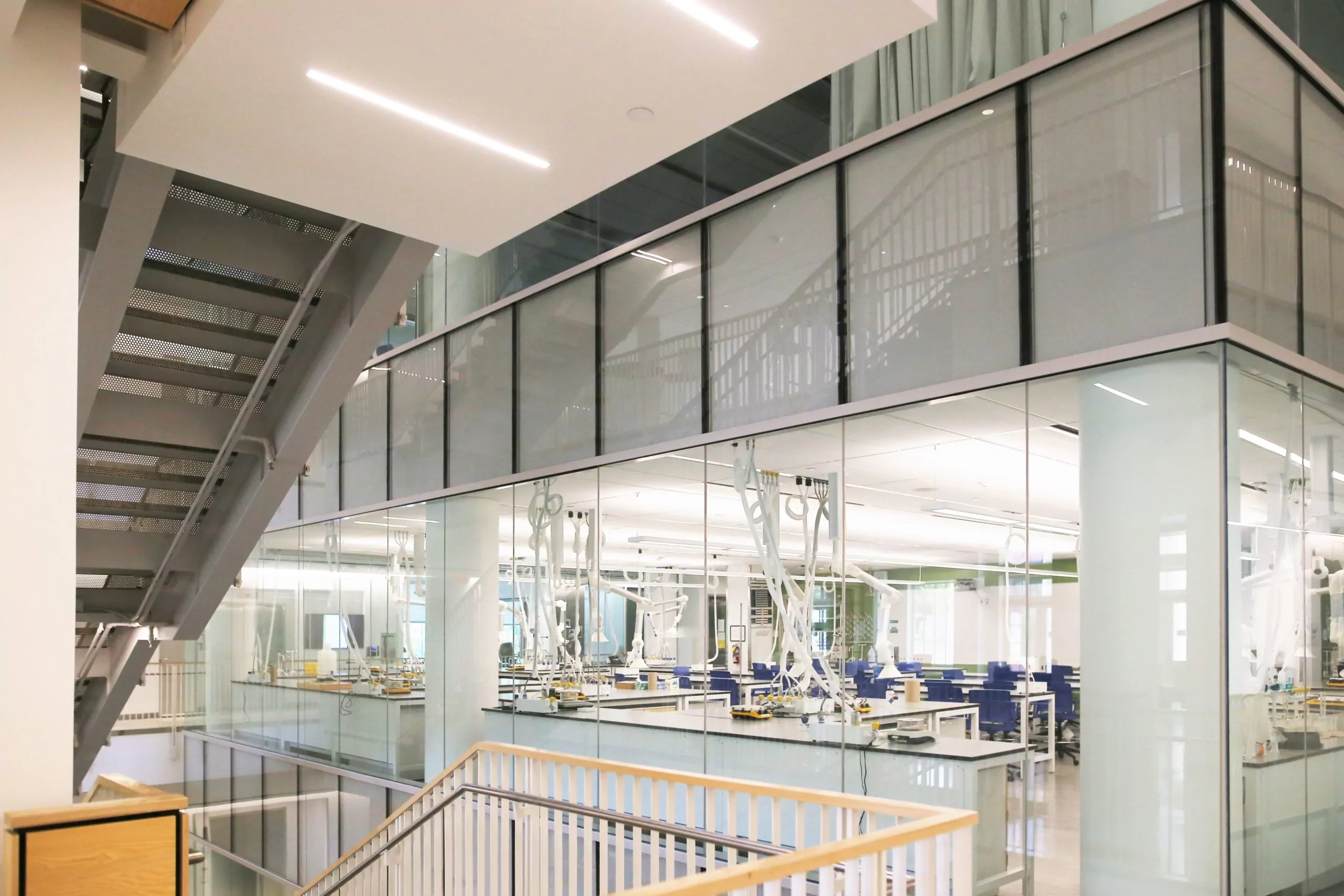
Explore how Berea College’s Natural Sciences and Health Building, a LEED Gold project, achieves optimal performance, energy savings, and a unique educational environment for advanced scientific learning.
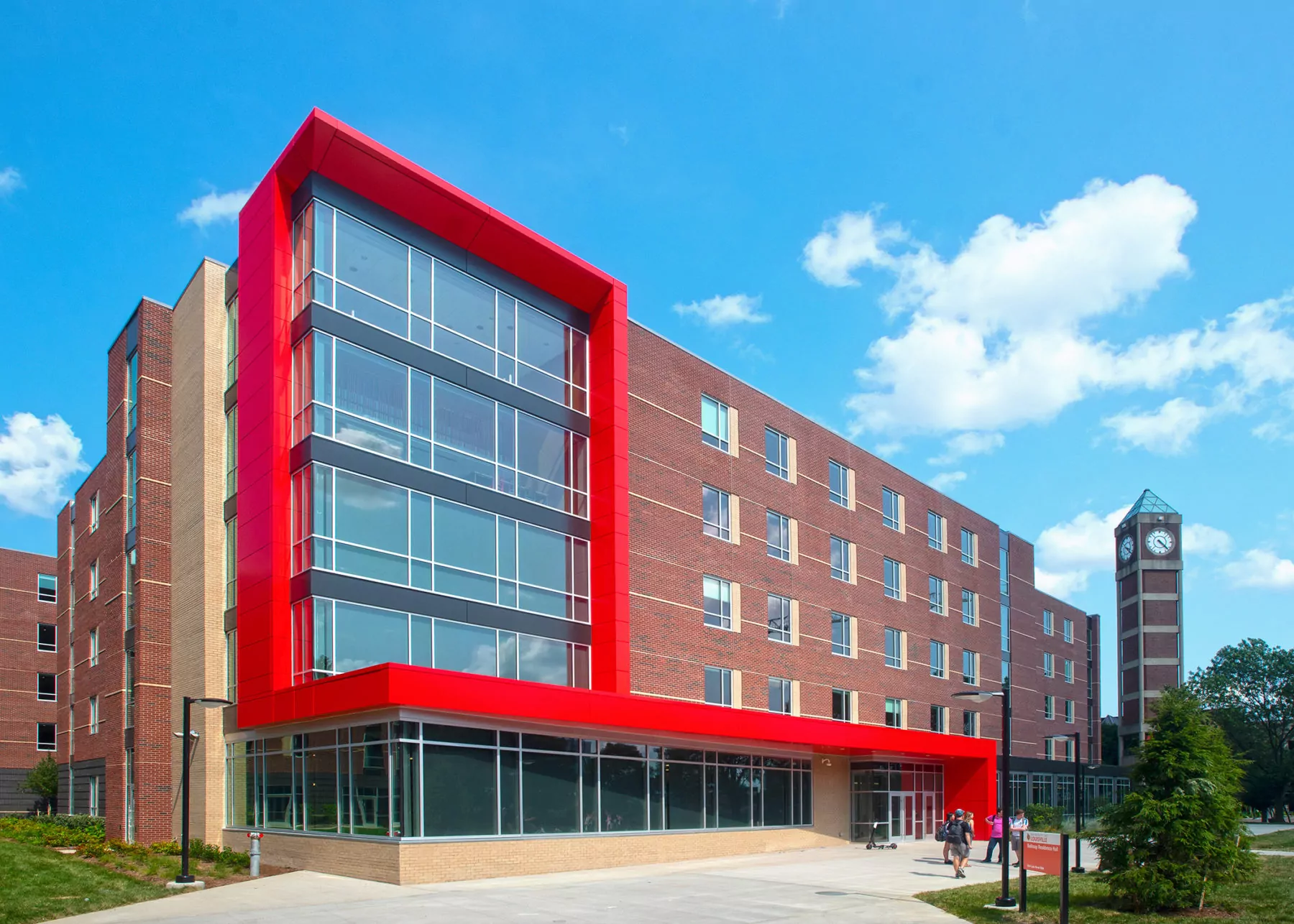
Discover the Belknap Residence Hall at UofL, where Paladin’s expert guidance led to LEED Gold certification, promoting sustainable living and learning with a significant 36.1% reduction in water use.

Explore the GSA Fit-Up project at 4th Street Live!, where Paladin’s expert sustainability strategies led to LEED certification, enhancing access to USCIS services while prioritizing environmental and operational efficiency.
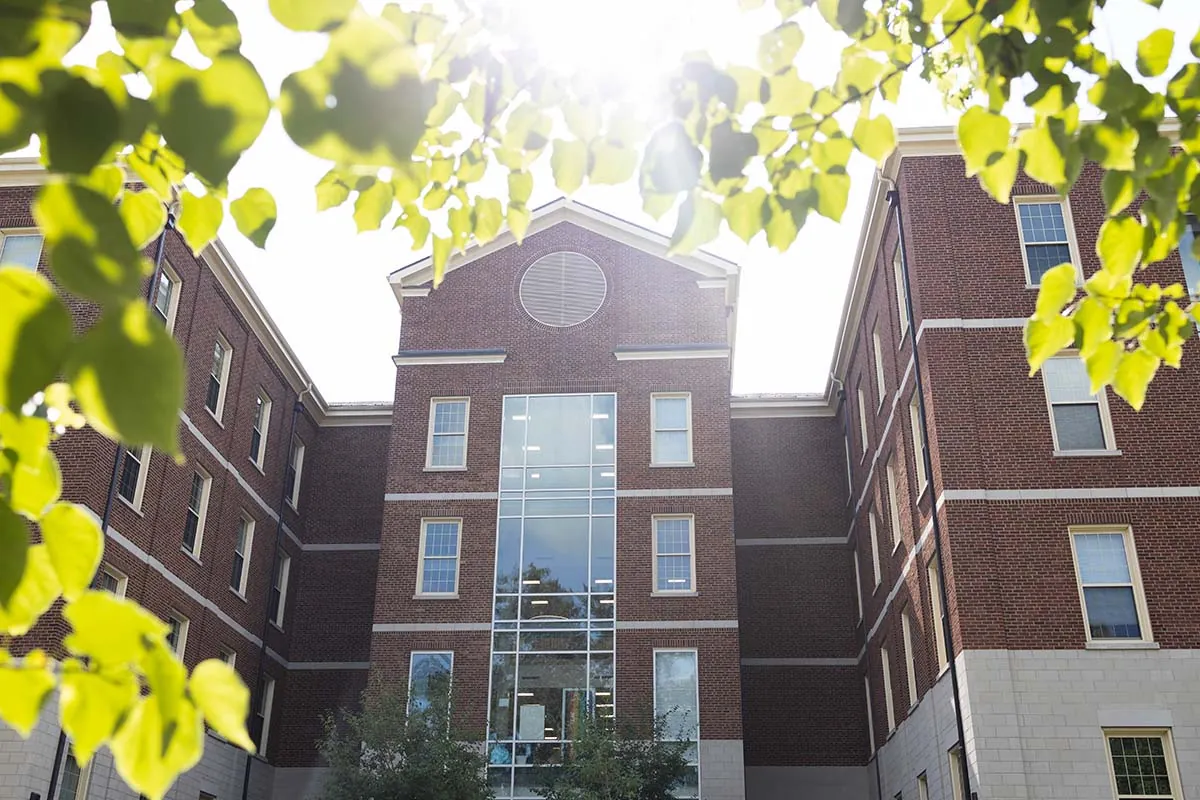
Discover Danforth and Kettering Halls at Berea College, where innovative design and sustainable construction earned LEED Silver certification and achieved a remarkable 48.1% reduction in water use.
:: CLIENT REVIEWS ::





